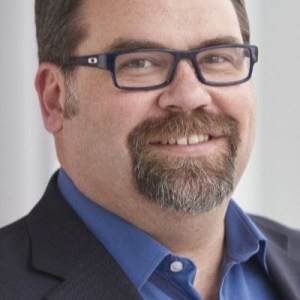The mottled light filtered through a large canopy of trees as we stepped off the train and onto the platform serving the tiny rural village. A few moments later, my friend and I came to, what appeared to be, the main street running east and west through town.
We paused long enough to look both ways. The decision to go right or left would affect the rest of our day.
“Well, should we go right?”
Anyone speak English?
“Perhaps,” she replied. We both grinned at the inside joke and turned down the street looking for someone, anyone, who spoke English.
It was the summer of 1997. I was on a mission project with Cru, hosting week-long English camps for high school students in Keszthely, Hungary. This particular week we didn’t have enough students to hold a full camp, so several of us paired up and fanned out around the small towns along Lake Balaton to do street evangelism.
Pressure off
Conversations with strangers are difficult enough. Conversations with strangers in a place where hardly anyone speaks English…well, also difficult. What took the pressure off was a concept shared by a Cru staff member in our earlier trainings. He called it “Perhaps Theology.”
In 1 Samuel 14, Jonathan and his armor bearer confronted a Philistine garrison. “Jonathan said to his armor bearer, ‘Come on, let’s go over to the garrison of these uncircumcised men. Perhaps the LORD will intervene for us. Nothing can prevent the LORD from delivering, whether by many or by a few.’” (verse 6, NET)
In the moment, Jonathan did not know what the outcome of his efforts would be. Perhaps God would deliver Jonathan. Perhaps not. Regardless, Jonathan made himself available and left the result up to God.
Neither my friend, nor I, nor anyone else in our group had any idea whether we would share Christ that day. One person circled a campground and initiated over 20 conversations. Exactly zero people spoke English. Other efforts yielded a few interactions, and Christ was indeed shared.
When God Wanted Us to Talk
What became clear was that, when God wanted us to talk to someone, He made it happen. It didn’t matter if we went right or left as long as we went somewhere!
I wish there were always clearly articulated, specific directions from God in what ministry-oriented efforts I should make on campus. Rarely is that the case, which leaves uncertainty.
If I set aside time each week for students and campus ministry staff to pray in my office, will anyone show up?
If I keep a Bible by my desk, will someone ask about it?
If I take time to visit with the teary-eyed student sitting by himself in the hall or go to breakfast with a colleague that is struggling with depression, will that lead to a decision for Christ?
Perhaps. Perhaps not.
Make Ourselves Available
Yet, there can still be confidence in what we do when we simply make ourselves available. Then, we can rest in the fact that God does the intervening and delivering and deciding the perhaps and perhaps nots far better than we ever will.

